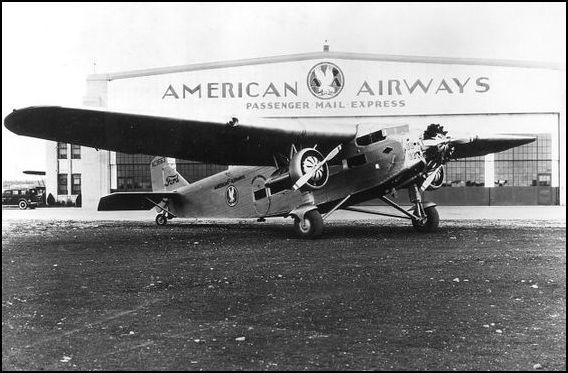Authors:
Historic Era: Era 8: The Great Depression and World War II (1929-1945)
Historic Theme:
Subject:
Summer 2017 | Volume 62, Issue 1


Authors:
Historic Era: Era 8: The Great Depression and World War II (1929-1945)
Historic Theme:
Subject:
Summer 2017 | Volume 62, Issue 1

On the morning of July 2, 1932, a slender, neatly dressed young woman with dark hair already threaded in silver stepped out of a car at the grass-and-gravel airport in Albany, New York. Her name was Marguerite Alice LeHand, but everyone knew her as Missy. Air travel was a new experience for the thirty-five-year-old woman, and though she had taken many other journeys with her boss, New York governor Franklin Delano Roosevelt, the stakes had never been higher than for this trip. They were flying to the Democratic National Convention in Chicago, where Roosevelt had been nominated for president of the United States the night before.
He needed Missy to help him put the finishing touches on his acceptance speech, and it had probably never occurred to her to decline making the trip with the boss she adored and called “F.D.” Boarding the tiny, corrugated metal plane, she settled into a seat in the first row, where a typing table had been set up, a shiny black typewriter ready to go to work under her capable hands.
From the day in January 1921 that she first came to work for FDR as his private secretary, Missy LeHand had found herself in some very unusual places. They included a creaky houseboat meandering down the Florida coast; a tumbledown cottage in Warm Springs, Georgia; and the front seat of a Ford convertible that FDR drove at reckless speeds down country roads in Dutchess County, New York. He managed the gas and brake with hand controls, as he was paralyzed below the waist. Stricken with poliomyelitis eight months after Missy entered his employ, FDR had found his secretary integral to his rehabilitation and eventual return to public life. Now, after almost four years as governor of New York, he was ready to claim the job he had dreamed of holding since he was a young Manhattan lawyer: the presidency.
Surely Missy felt some trepidation about F.D.’s decision to fly to Chicago, although she knew that, practically speaking, it was the only way he could get to the convention before the delegates left for home. But in a larger sense, the flight was symbolic: FDR was literally launching skyward in a bold and daring gesture to show the country he was ready, willing, and fully capable of running for national office, even if he had to “run” in a wheelchair.
See also in American Heritage: "FDR and His Women" by Ellen Feldman
The announcement of FDR’s planned appearance in Chicago had electrified the nation, and newsreel crews and reporters had swarmed the Albany airport. No candidate of either party had ever accepted a nomination in person, and the notion that the candidate would fly—something most Americans had